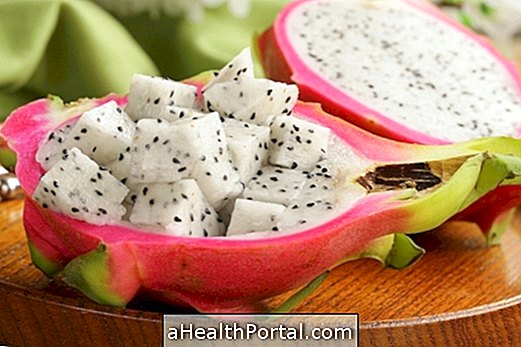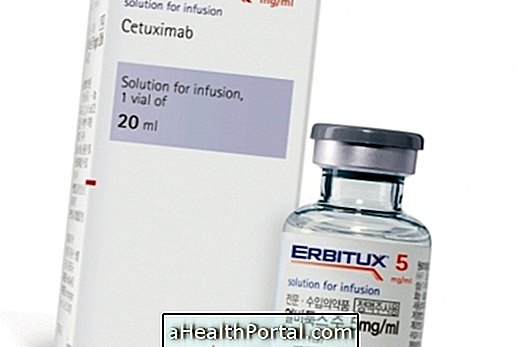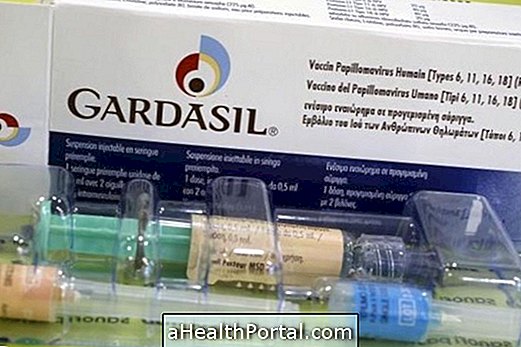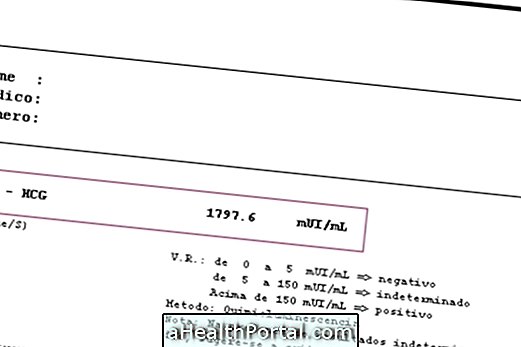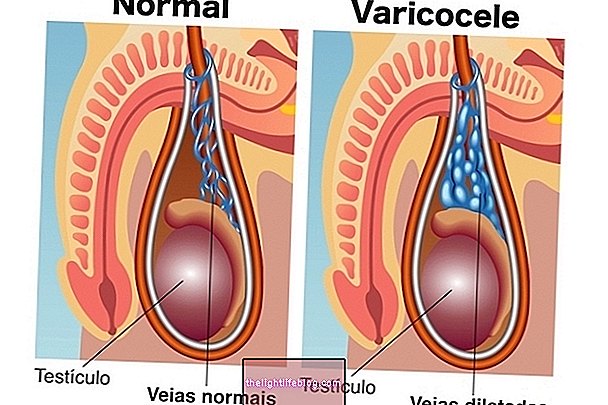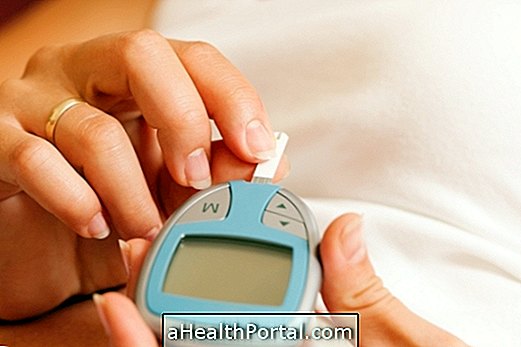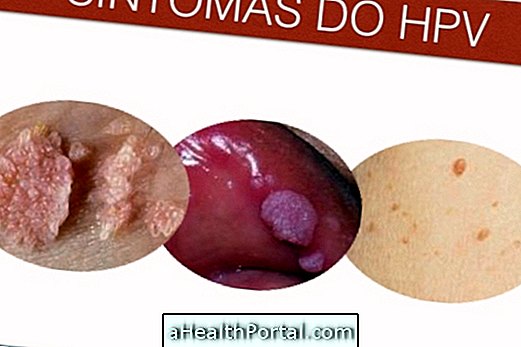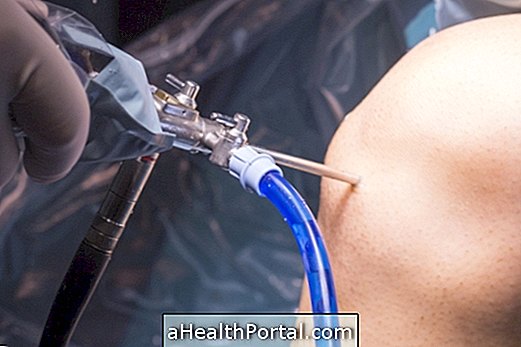Foods rich in folic acid, such as liver, beans and lentils are very suitable for pregnant women, and also for those who are trying to get pregnant because this vitamin serves to help in the formation of the baby's nervous system, preventing serious diseases such as anencephaly, spina bifida and meningocele.
Folic acid, which is vitamin B9, is essential for everyone's health, and its deficiency can cause serious inconvenience for the pregnant woman and her baby. Thus, to avoid these disorders it is indicated to increase the consumption of food with folic acid and still do the supplementation of 2 to 3 months before becoming pregnant to guarantee the need at this stage of life. Learn more at: Folic acid in pregnancy.

List of foods rich in folic acid
The following table shows examples of some foods rich in this vitamin:
| Foods | Weight | Folic acid amount |
| Boiled chicken liver | 100 g | 770 mcg |
| Cooked turkey liver | 100 g | 666 mcg |
| Brewer's yeast | 16 g | 626 mcg |
| Boiled beef liver | 100 g | 220 mcg |
| Lentils | 99 g | 179 mcg |
| Boiled okra | 92 g | 134 mcg |
| Baked Beans | 86 g | 128 mcg |
| Cooked spinach | 95 g | 103 mcg |
| Cooked green soybeans | 90 g | 100 mcg |
| Cooked pasta | 140 g | 98 mcg |
| Peanut | 72 g | 90 mcg |
| Cooked broccoli | 1 cup | 78 mcg |
| Natural orange juice | 1 cup | 75 mcg |
| Beet | 85 g | 68 mcg |
| White rice | 79 g | 48 mcg |
| Boiled egg | 1 unit | 20 mcg |
Folic acid enriched foods, such as oats, rice and wheat flour, can be used in a wide range of recipes. According to WHO, every 100 g of the product should provide a minimum amount of 150 mcg of folic acid.
The recommended intake of folic acid for healthy adults is 400 mcg per day, and for pregnant women, it is 600 mcg per day.


Consequences of lack of folic acid
Folic acid deficiency is related to serious health problems such as hypertensive pregnancy syndrome, placental abruption, repetitive spontaneous abortion, preterm birth, low birth weight, chronic cardiovascular diseases, cerebrovascular, dementia and depression.
However, supplementation and healthy eating can reduce these risks, increasing the chances of a healthy pregnancy and the baby's good development, preventing about 70% of cases of neural tube malformation.
Reference values of folic acid in blood
Folic acid is rarely required in pregnancy, but blood folate levels range from 55 to 1100 ng / mL, according to the laboratory.
When the values are below 55 ng / mL the individual may have megaloblastic or hemolytic anemia, malnutrition, alcoholic hepatitis, hyperthyroidism, vitamin C deficiency, cancer, fever, or in the case of women, the woman may be pregnant.



